Swipe yourself through Bayreuth's latest Lohengrin Director: Yuval Sharon Stage design: Neo Rauch / Rosa Loy Conductor: Christian Thielemann König Heinrich: Georg Zeppenfeld Lohengrin: Piotr Beczala Elsa: Anja Harteros Telramund: Tomasz Konieczny Ortrud: Waltraud Meier Heerrufer: Egils Silins Act 1 Act 2 Act 3
0 Comments
George Benjamin's latest opera is like a dark crystal that harbours many colours. It was composed with the intended singers in mind and it shows. Barbara Hannigan excels, she brings depth to her character, and always has an ear for the belcanto aspect, even in the most challenging of vocal lines. Attending a new opera, performed with its composer at the helm, with the cast he had in mind while composing, in a production led by a director who showed herself very close to the material. It happened on the first day of July and it happened four days later - with a performance that was even more impressive than the first one I saw. George Benjamin is in Amsterdam with his latest opera, Lessons in Love and Violence. Last week not only Lessons saw its Dutch premiere, but also Benjamin's previous opera, Written on Skin, was having a semi-concertant performance (led by Lawrence Renes). An excellent opportunity to experience, in quick succession, these two operas live. (An opportunity I missed by missing Written on Skin). Lessons in Love and Violence is an opera that was created with the intended singers and director in mind and it shows. Aside from musical excellence, this production excels with a direction that fits the story and its musical depiction like a glove. It has been a while since I was so impressed with a Personenregie. The result of such a musically pervasive action on stage - with characters that temporise and slow down - provided the stage image with a cinematic effect. Whereas slow motion in movies often feels no more than gratuitous, as a means to, literally, extend time, it felt completely natural here. It was an effect that did not needlessly confirm what was already obvious and was not an attempt to be unnecessarily hip. It really added an extra theatrical layer to music and text. Benjamin, pupil of Olivier Messiaen, composes with a fascination for counterpoint (a lot of things happen in the vertical dimension of the score) with vocal lines that are atonal but lyrical. Those melodies can seem a bit far-fetched but, on closer acquaintance, don't show themselves more inaccessible than, say, the melodic lines in Bartok's first string quartet. They are the arteries in a musical body that is like a dark crystal that harbours many colours. Lessons is an opera about people, preoccupied by power, hard-wired to destruct. The king, modelled after Edward II, a stage play by Christopher Marlowe, is pushed aside by his principal advisor, Mortimer, who is assisted in this by the king's wife Isabel. Their plan is to put the king's son forward as a puppet king. In tradition of Shakespeare's Elizabethan theatre, librettist Martin Crimp uses, on two occassions, the concept of a play within a play. (Think of Hamlet where the title character organizes a play, which involves the same plot line as the events in the larger play, to let his uncle Claudius know that he is aware of the role of his uncle in the murder of Hamlet's father.) The use here is likewise. In the third scene Isabel, uses the intern theatre to show Gaveston, the lover of the king, his fate (death). And in the seventh and last scene, the young king lets his mother Isabel know that he is on to her and her true intentions, that he knows about her role in the murder of his father. In the setting of a theatre play Isabel witnesses the faith of Mortimer (that will be perhaps, the story doesn't tell us, her own fate). By then we've entered the shadow world of the House of Atreus, children seeking revenge for the murder of a parent by the other parent. Lessons doesn't sound like Elektra but it resonates, in heaviness and intensity, with Richard Strauss's screaming-for-vengeance opera. The whole story is set in the bedroom of the king and queen. A private place that is anything but private. A place we see, in every one of the seven scenes, from a different angle. As to give the public a changing perspective on the story that unfolds. That story is as gripping as it is easy to follow. The scene in which the king becomes aware, by means of the ghost of Gaveston, that he will meet death is one of dreadful beauty. Ethereal music freezes terror into a chilling scene. Benjamin may not compose conventional arias, but his music has a high seductive content, full of suspense, with a keen ear for the storyline. In Lessons he uses relatively exotic instruments like a cymbalon and celesta, and he is able to marvel and impress with a suggestive use of dizzying timbres that by times, even can sound jazzy. (Like meeting Charles Mingus in a dark dream.) Lessons in Love and Violence is an opera that cannot be valued after only one viewing so I went twice. And the second time was even heavier and more intense than the first time. It is accessible enough, more accessible than Written on Skin if you ask me, to appreciate it once you've made acquaintance with it. Its versatility points towards a (future) masterpiece and it leaves you with many impressions and things that are waiting for further discovery. Benjamin makes instruments and singers sound like one organic whole. He orchestrates with density, he dares to let the singers battle with the sounds that he allows to rise from the orchestra pit. The singers, all of them, are more than capable of fulfilling their role in a well to outstanding way. With Barbara Hannigan as Isabel, this production also has its ideal singer for this kind of repertoire. Hannigan (is there something she can't do?) never sounds overstretched. She brings depth to a dark character and always has an ear for the belcanto aspect, even in the most challenging of vocal lines. It is hard, and I am echoing others here, to see someone else in the role of Isabel. Lessons is a superior piece of music theatre, high-level storytelling in which the Netherlands Radio Philharmonic Orchestra turns, in a completely sovereign way, Benjamin's score into brilliant music. After an hour and a half the end comes unexpectedly, in the middle of the action. The audiences have to confirm themselves that it is really over. It causes the applause to get off to a hesitant start. It would not have been entirely to Benjamin's displeasure because he ends the opera in a D-chord with a deliberately undefined character. No chord that resolves the chord that precedes it, but opens the way to a new, yet to be determined, future. A future in which the lessons learned by the younger generation have already found their way into a nasty and ugly practice. Dutch National Opera - 1 July 2018 Dates: 25 June - 6 July Musical director: George Benjamin Netherlands Radio Philharmonic Orchestra Author: Martin Crimp Stage director: Katie Mitchell King: Stéphane Degout Isabel: Barbara Hannigan Gaveston/ Stranger: Gyula Orendt Mortimer: Peter Hoare Boy/Young King: Samuel Boden Girl: Ocean Barrington-Cook - Wouter de Moor
|
TIMELINE
July 2024
|

















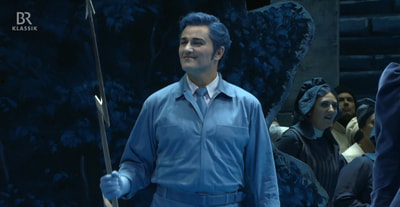






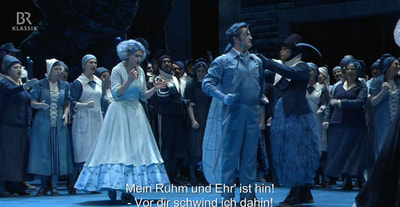
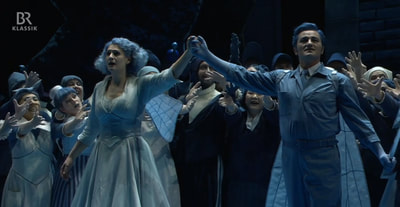
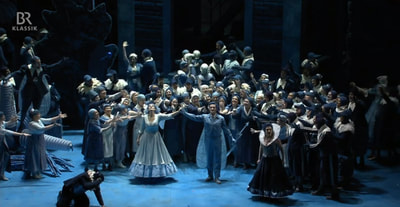
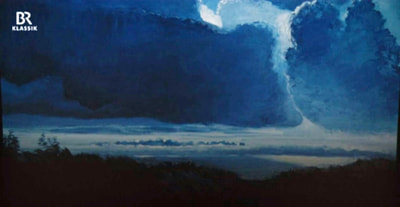
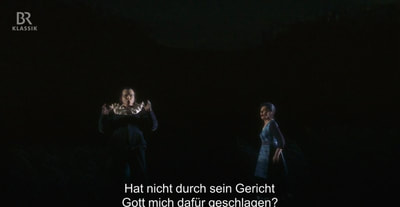
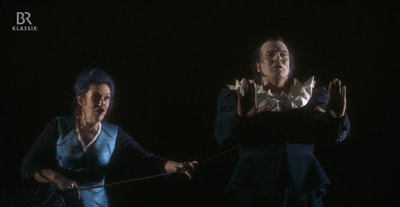

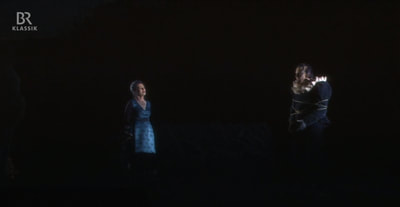
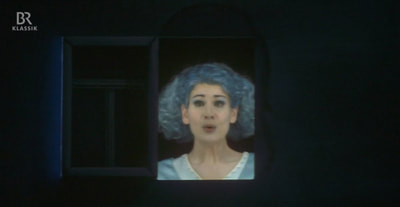
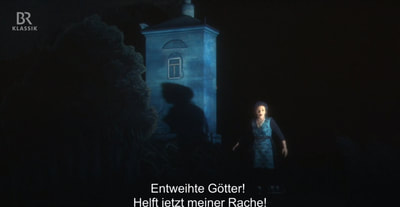
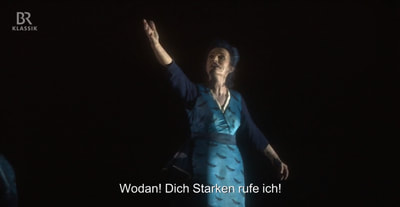
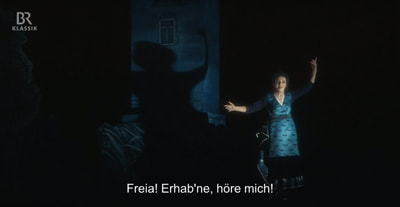

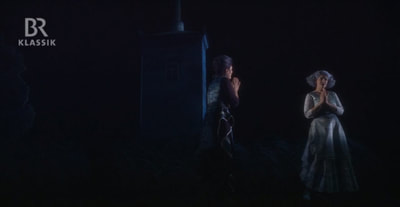


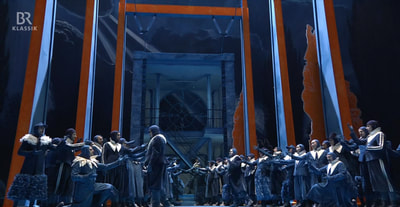
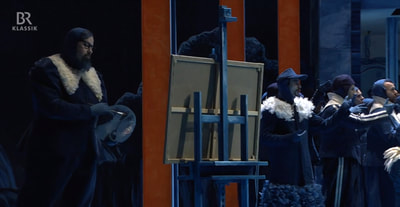
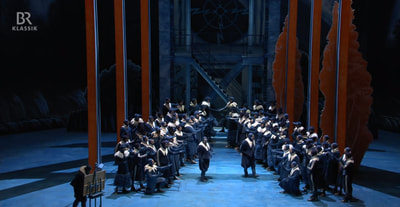
































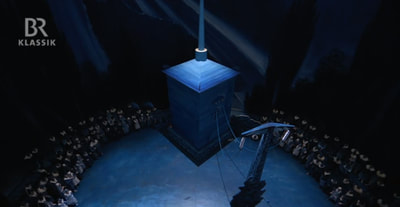
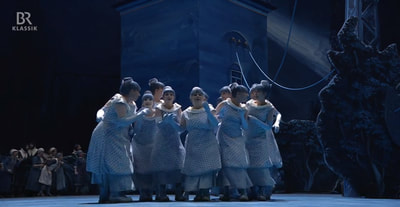
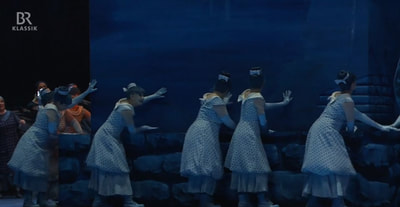
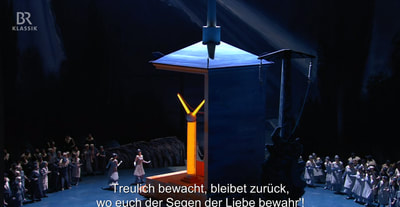
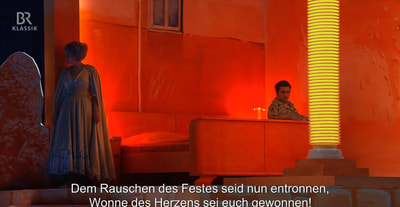
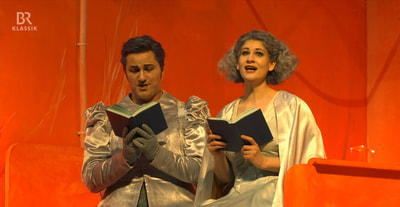
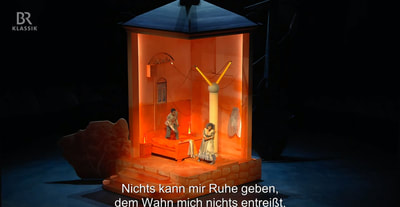
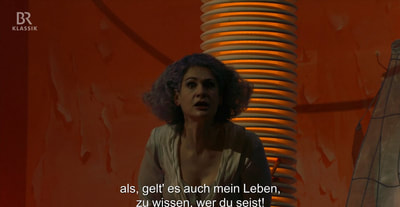
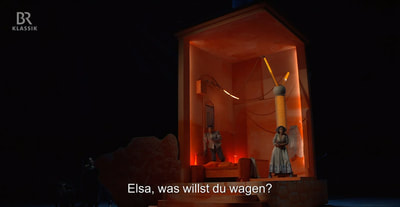
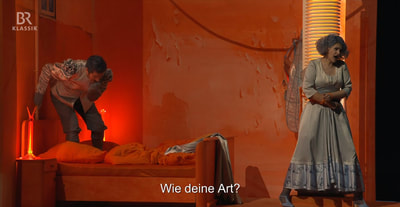
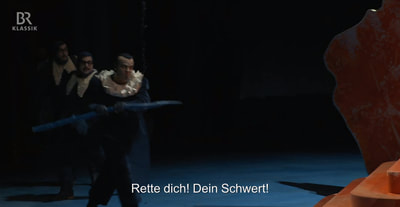
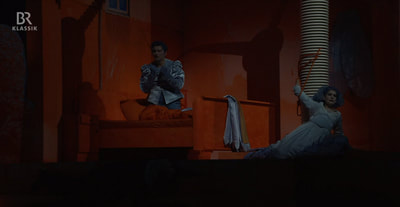
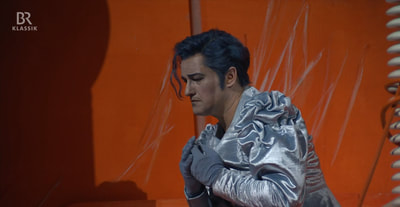
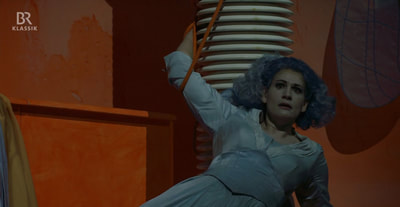
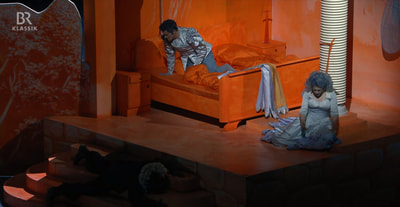
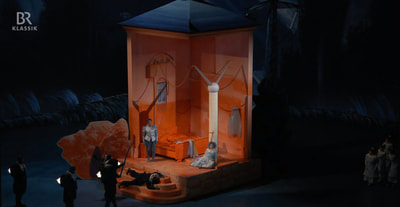
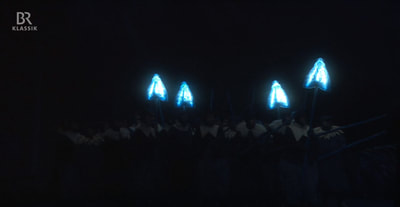
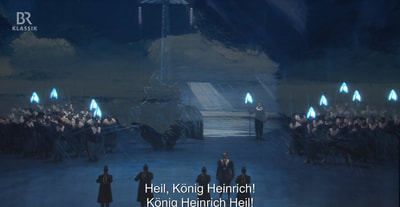
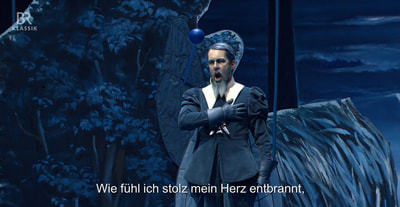
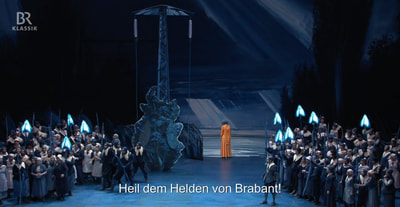
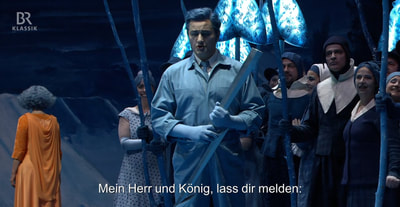
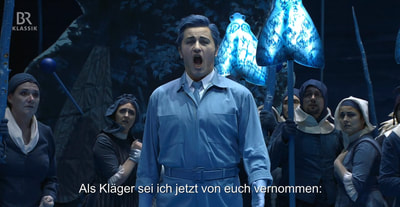
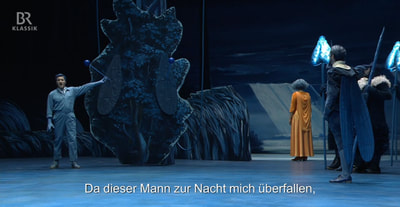
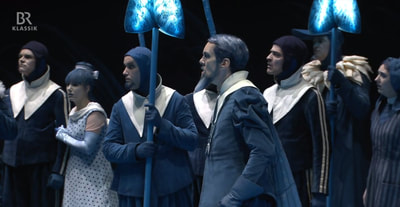
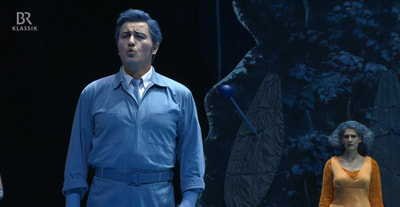
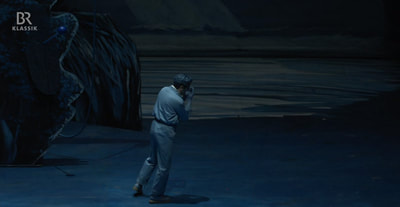



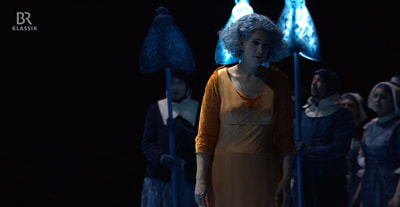


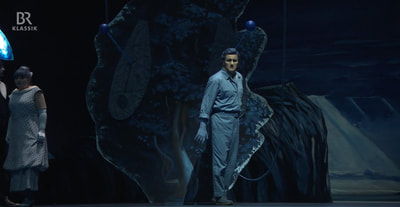
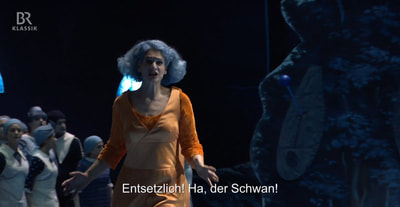
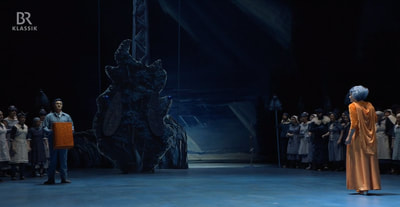
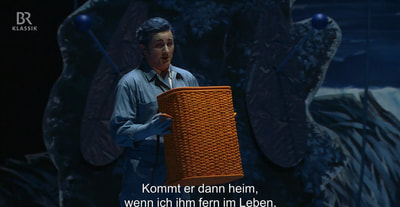

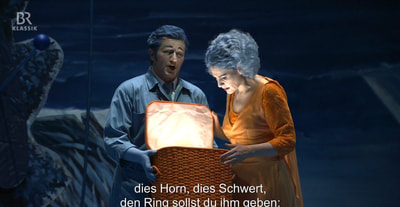
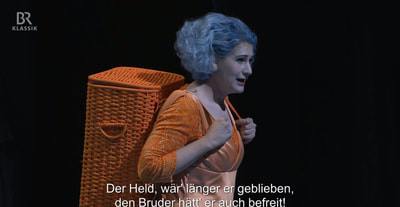
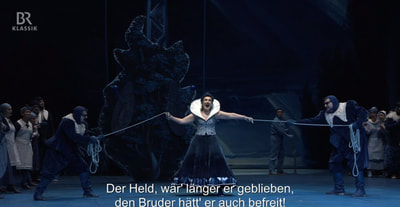
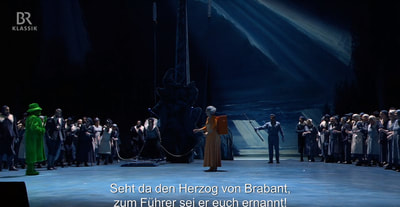
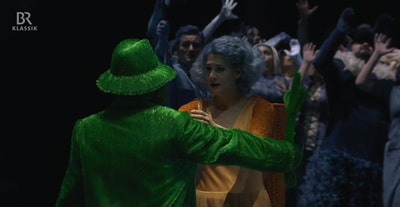
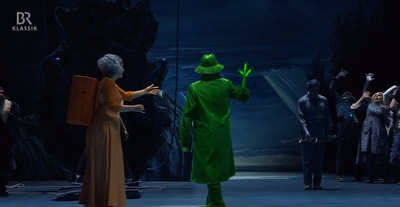
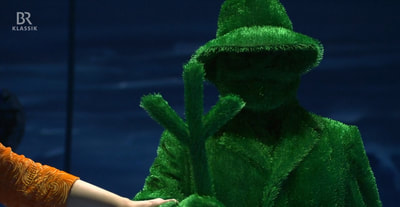
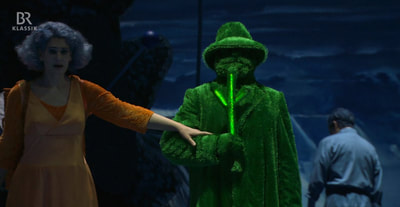
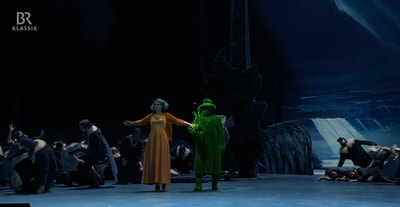
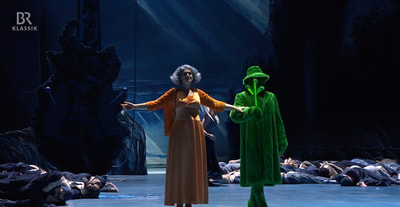
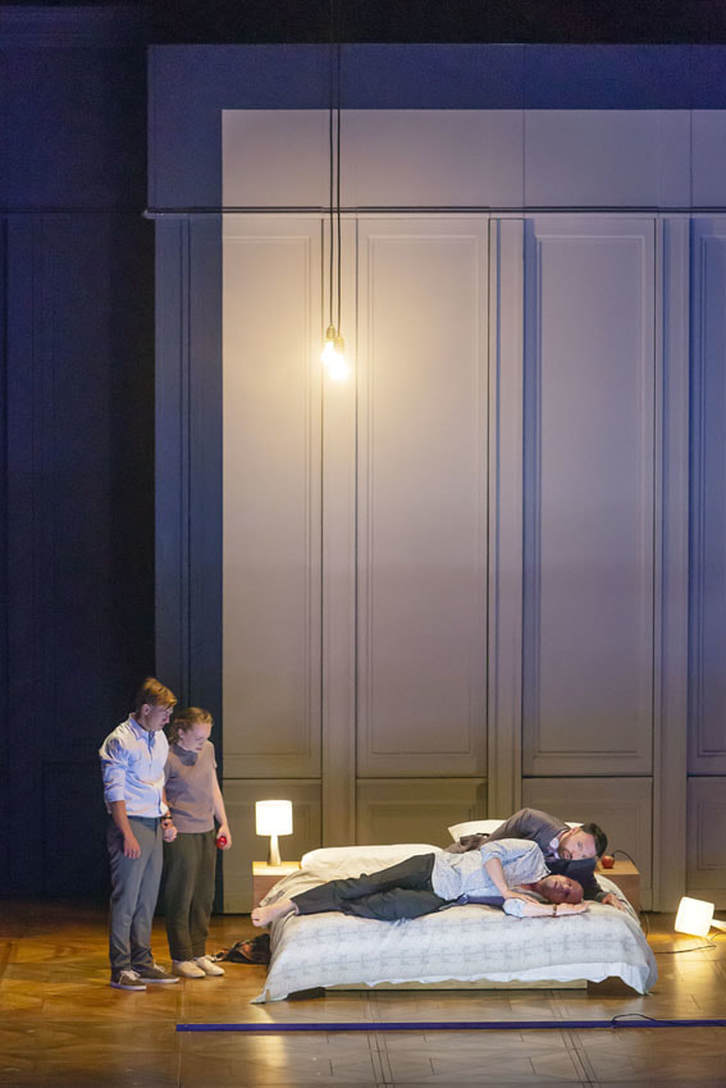
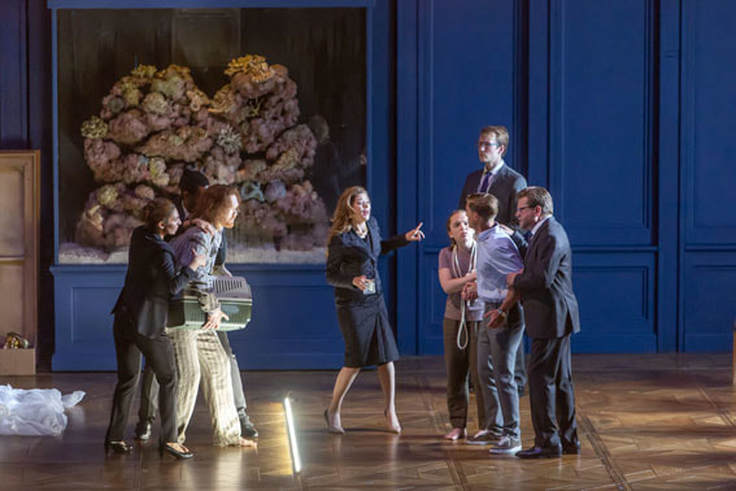
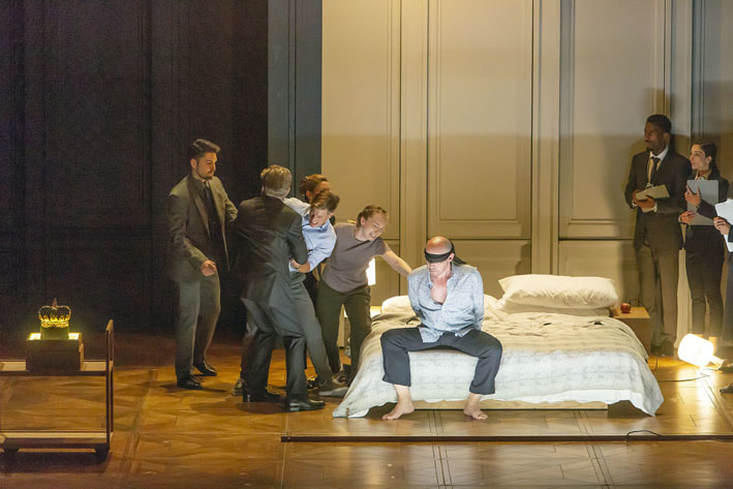
 RSS Feed
RSS Feed